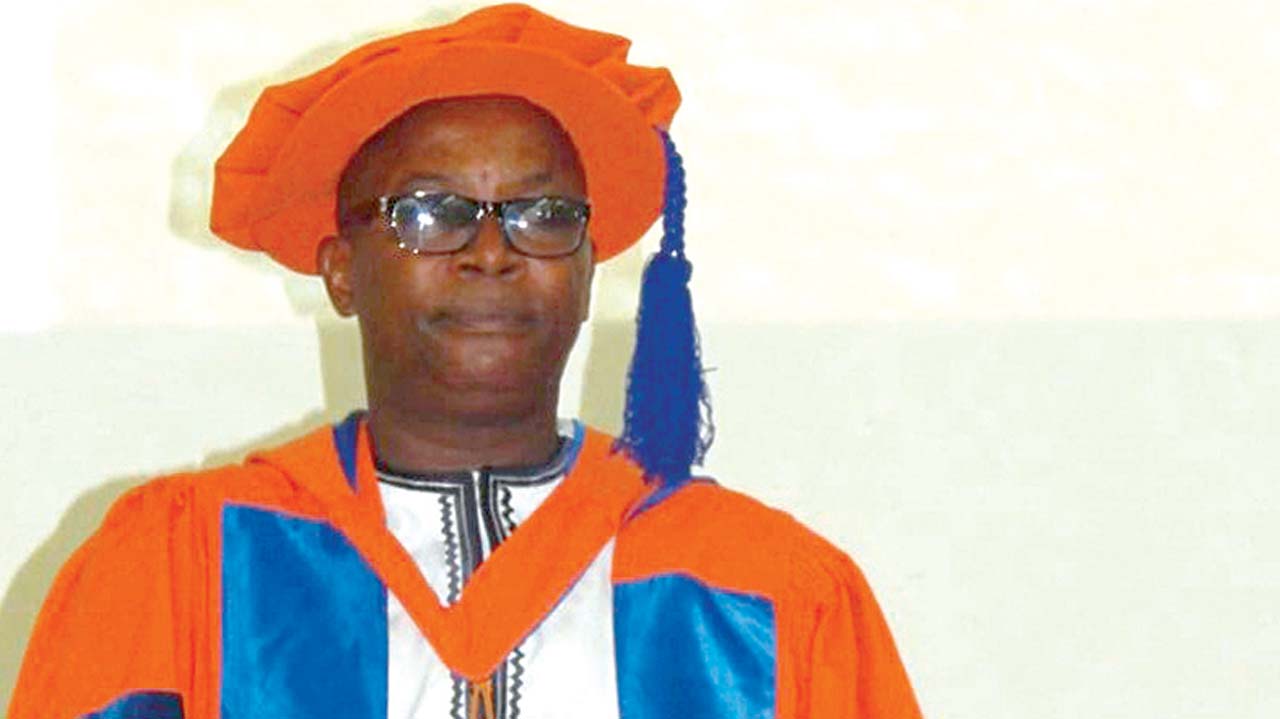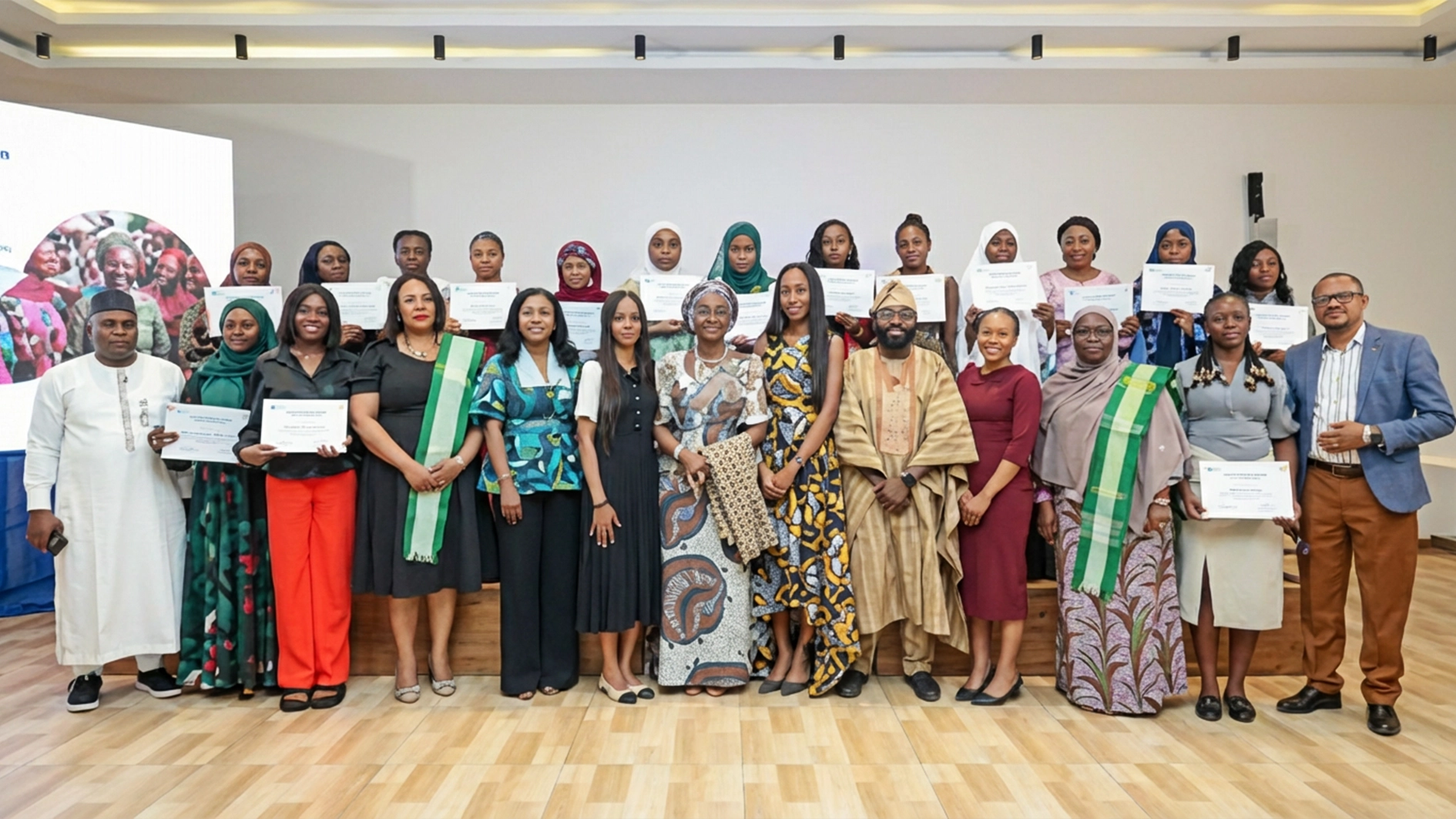
The Federal Government has been advised to speedily create a Ministry of National Branding and Public Diplomacy that will have specific mandate of tackling the myriad of image and reputation problems facing Nigeria.
Professor of Mass Communication, Department of Mass Communication at the University of Nigeria, Nsukka, Enugu State, Prof. Nnanyelugo Okoro, gave the advice at the 119th Inaugural Lecture of the university. He warned that leaving the business of nation branding to a ministry as sidebar responsibility is merely paying lip service to issues relating to the country’s image and reputation at local and global levels.
“We cannot continue with the same arrangement and expect a different result. Nigeria has all the potentials to become a key player in the global arena. All that are required are political will and exemplary leadership, as well as committed followership. To make Nigeria, not just a competitive nation, but also a key player on the global front, every Nigerian, both at home and in diaspora must join the Nigerian, both at home and in diaspora must join the Nigerian bandwagon. Nation branding is too serious a business to be left to the whims and caprices of peripheral attention.
In today’s world, no nation can go it alone and as things stand, an unbranded nation cannot take its pride of place in the comity of nations. Since that is the case, it becomes imperative that Nigeria engages in comprehensive branding efforts to extricate itself from the tentacles of deep-seated reputation problems it now finds itself in. It will be very difficult, if not impossible, to move Nigeria from the product level to the brand stage in the absence of a well-coordinated, sustainable programme of continuous, proactive action
Okoro’s inaugural lecture was anchored on the topic: “Positioning Nigeria as a Brand for Global Competitiveness in the 21st Century: Roadmap to Best Practice.” For Nigeria to live sustainably in a competitive environment, the professor of Mass Communication said there is need to move it from the product level (a level that offers a ‘me-too’ values) to the brand stage. He added that the lecture proceeds from the premise that there has never been any systematic, proactive, planned, comprehensive, professional, wholehearted, inclusive and sustained attempt to package Nigeria as a brand in her 103 years of existence, as a geographical territory and 57 years of existence as an independent nation.
“The War Against Indiscipline (WAI) campaign of General Buhari / Idiagbon regime (1983-1985) would have passed the ‘attempt test,’ in spite of its coercive component, but it was short- lived. The Mass Mobilisation for Self Reliance, Social Justice, and Economic Recovery (MAMSER) of Gen. Ibrahim Babangida and the National Orientation Agency of Gen. Sani Abacha eras should not even be listed for the test since what was being said was at variance with what was being done. Let me quickly add here that even though the National Orientation Agency is still there today, its performance scorecard is still low as evidenced in the lack of what it stands for.
“Such is the fate of initiatives that do not match words with actions. Obasanjo’s Heart of Africa Project (1999-2007) and Yar ‘Adua’s Rebranding Project (2007-2010) fell flat on their faces because one cannot rebrand what has not been branded ab initio. For this reason, rebranding, as far as Nigeria is concerned, is a terminological inexactitude. To gain a proper perspective on the subject matter of this lecture, I think it is important to state, in clear terms, what nation branding is not. Nation branding is not propaganda. It is not a chance affair; it is not a slipshod activity. It is not an exercise in serendipity. It is not grandstanding. Nation branding is neither a mythical nor a rhetorical phenomenon,” he said.
Continuing, the Don said; “As a nation, we have to believe in our house (our Nigerianity), we have to believe in ourselves (our citizenship) and we have to believe in our product (Nigeria), in order to build it into a competitive brand. Any time Nigerians stop migrating to other countries in search of better life, it will be a sign that the country is working. In his maiden speech as the President of the United States of America, Donald Trump made it clear that America is first in all their dealings with the world. That is a brand statement about a country that is now known as “God’s own country”. That shows Trump’s enthusiasm and vision for the American Dream.
“The question is: Do we have a Nigerian Dream in the face of biting poverty and glaring inequality, weak and inappropriate public sector, poor economic management, hostile environment for private sector growth, and mounting insecurity, including psychosocial insecurity? This is the question that must be addressed to restore and re-inaugurate Nigeria’s core values of “honesty, accountability, cooperation, industry, discipline, self-confidence and moral courage. The idea is to “create a new Nigeria where all the negative values in our society are reversed (leading to) a well-governed society, where justice and equity reign.
Okoro noted that restoring the country’s core values is important because they are the brand elements that will drive the change campaigns for a better Nigeria.
He stressed that a nation is what a nation does, because that is what determines how it is perceived on the global platform and elsewhere. “Take the case of Germany, for instance. At a time Germany was so down on the image ladder as a result of its perceived role in the first and second world wars. Then the country abandoned the path to war and embraced automobile and other technologies concentrating its effort on quality production.”
Professor Okoro, who authored the ‘Business of Advertising — a popular reference material in the field of Advertising in Africa — has over 70 academic publications, including nine mainline books, 18 contribution to books and over 46 articles published locally and internationally in peer-reviewed journals.
He grew through the ranks as assistant lecturer at the University of Nigeria in 2004 to a Professor in 2011. He was Public Relations Officer of the University of Nigeria between 2010 and 2011; and has been two-time head of the Department of Mass Communication as well as member of the university’s Senate.
A registered practitioner of advertising with the Advertising Practitioners Council of Nigeria, Professor Okoro is also a member of the Trans-African Council and Communication Education (TRACCE); Member, African Council for Communication Education (ACCE); Member Nigerian Institute of Public Relations (NIPR); and Fellow of the Institute of Industrial Administration.






